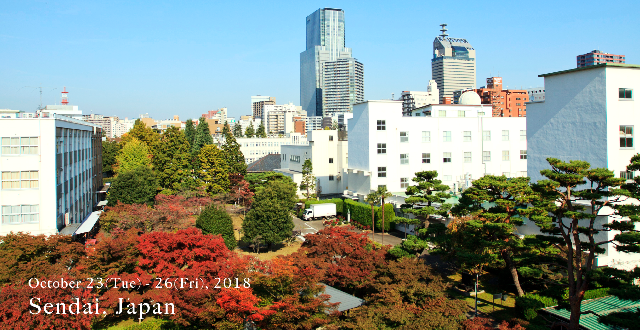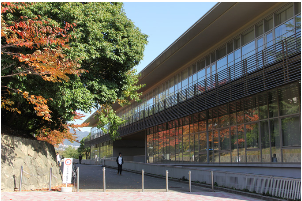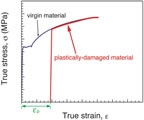|
Vol.4 No.4 |
|||||
| Academic Articles | |||||
| Regular Paper | Vol.5No.1 (2013) p.1 - p.16 | ||||
Theoretical Investigation of Oxidation Mechanism of Fuel Cladding in Light-Water Reactor |
|||||
| Yasunori YAMAMOTO1,*, Kazunori MORISHITA2,, Hirotomo IWAKIRI3, and Yasunori KANETA4, | |||||
| 1 Graduate School of Energy Science, Kyoto University, Uji, Kyoto, 611-0011, Japan 2 Institute of Advanced Energy, Kyoto University, Uji, Kyoto 611-0011, Japan 3Faculty of Education, University of the Ryukyus, Nakagami-gun, Okinawa 903-0213, Japan 4Akita National College of Technology, Akita, 011-0923, Japan |
|||||
| Abstract | |||||
| Aging management is one of the main issues to keep the safety of currently operating light-water reactors. In many cases plant aging is caused by material’s degradation due to energetic particle irradiation, high temperature, high pressure, etc. In order to keep the safety of light-water reactors, material’s degradation is accurately inspected, and then, based on the results thus obtained the appropriate plant design and timely maintenance should be made. To do so, we should develop the methodology to predict the behavior of materials under severe environments. In the present study, the theoretical and computational investigation was done to understand the mechanism of oxidation process of fuel cladding, which is one of the main degradation processes. Our calculation results have indicated that a difference between the oxidation rates of Zr at normal operating temperature and high temperature may be explained by the stress effect on the diffusion process of an oxygen atom in the oxide film. | |||||
| Keywords | |||||
| Fuel cladding, Oxidation, First principle calculation, Zirconium, Zirconia, Stress | |||||
|
Full Paper: PDF
|
|||||





